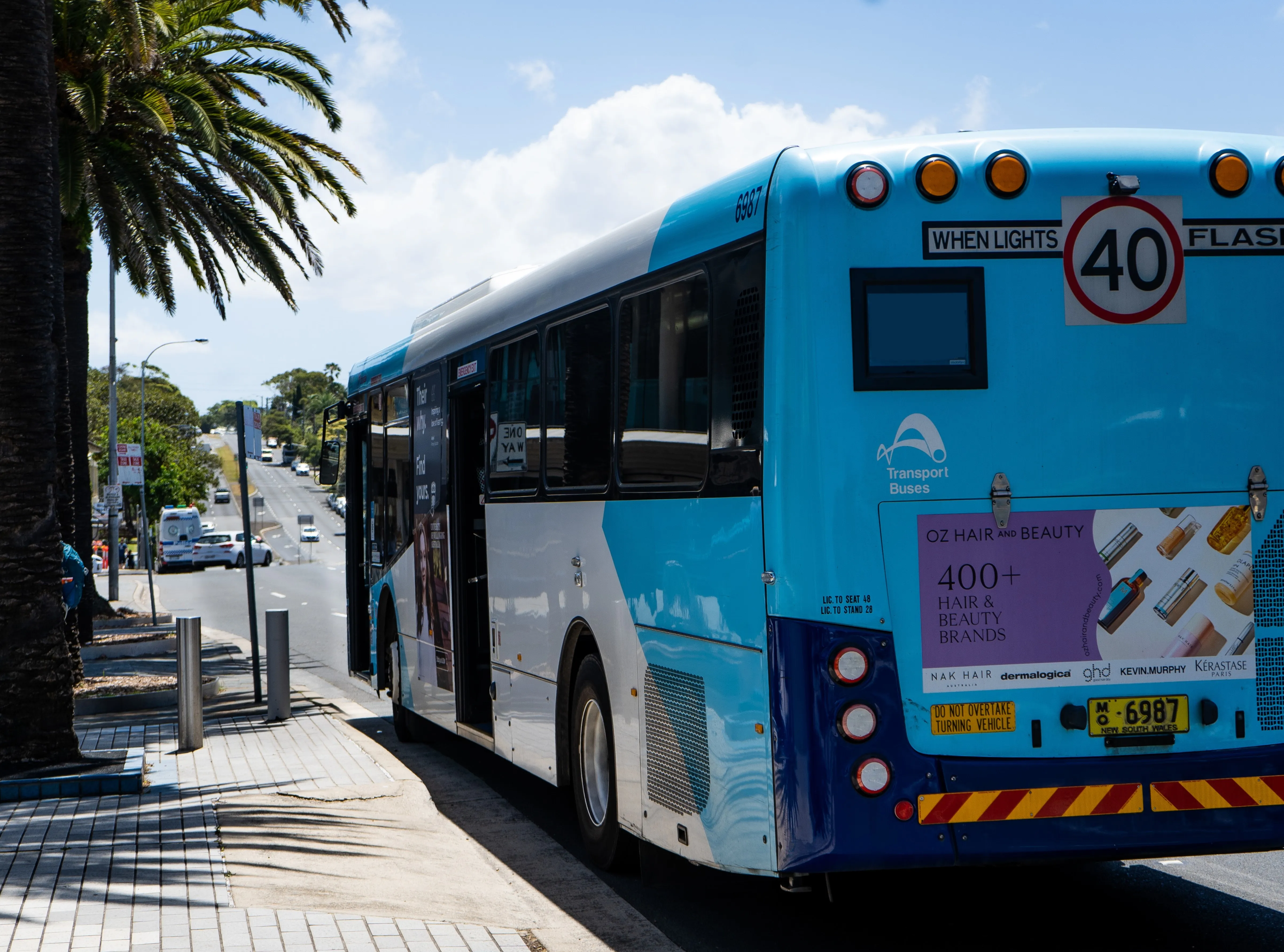Bus operators, local authorities and Regional Transport Partnership’s across Scotland can apply for funding towards the purchase of low carbon emission buses.
The Scottish Green Bus Fund, now in its seventh year, aims to help support the introduction of new low carbon vehicles across the country. The Scottish Government has already invested US$18.3 million (£14.8 million) over the previous six rounds.
Funding of US$3.7 million (£3 million) for the 2017/2018 Green Bus Fund has been made available from
April 10, 2017
Read time: 1 min
Bus operators, local authorities and Regional Transport Partnership’s across Scotland can apply for funding towards the purchase of low carbon emission buses.
The Scottish Green Bus Fund, now in its seventh year, aims to help support the introduction of new low carbon vehicles across the country. The Scottish Government has already invested US$18.3 million (£14.8 million) over the previous six rounds.
Funding of US$3.7 million (£3 million) for the 2017/2018 Green Bus Fund has been made available from this year’s Future Transport Fund.
Operators of low carbon buses are also eligible for an enhanced rate of the Bus Service Operators Grant which further incentivises the use of green buses.
The deadline for applications for the 2017/2018 Green Bus Fund is 30 June 2017.
The Scottish Green Bus Fund, now in its seventh year, aims to help support the introduction of new low carbon vehicles across the country. The Scottish Government has already invested US$18.3 million (£14.8 million) over the previous six rounds.
Funding of US$3.7 million (£3 million) for the 2017/2018 Green Bus Fund has been made available from this year’s Future Transport Fund.
Operators of low carbon buses are also eligible for an enhanced rate of the Bus Service Operators Grant which further incentivises the use of green buses.
The deadline for applications for the 2017/2018 Green Bus Fund is 30 June 2017.









